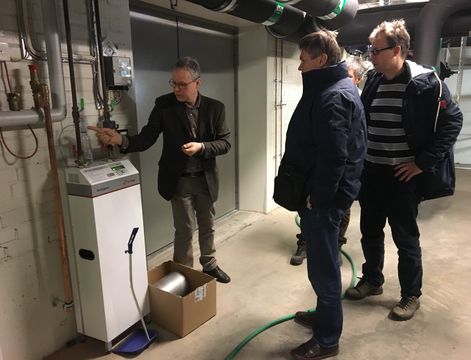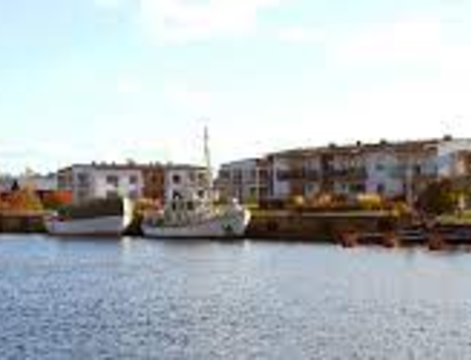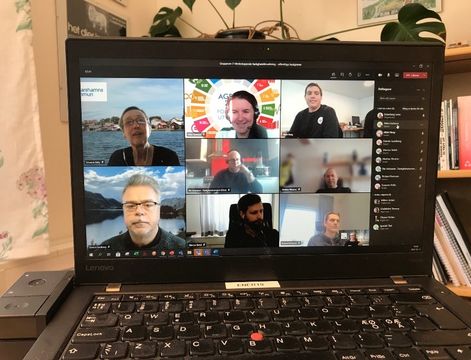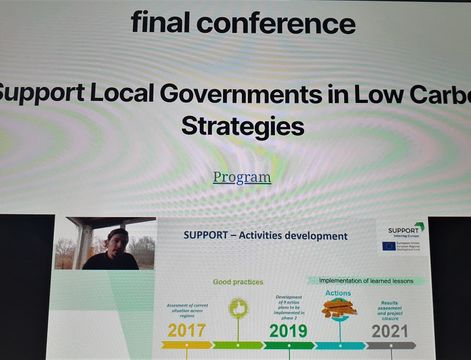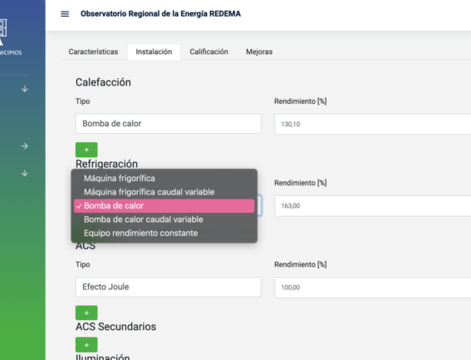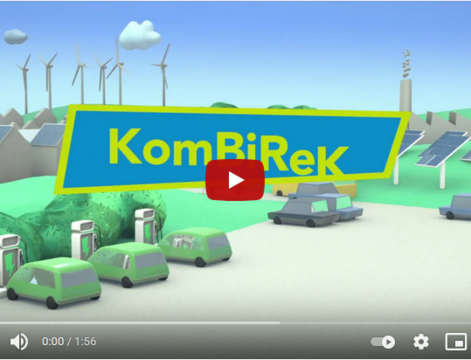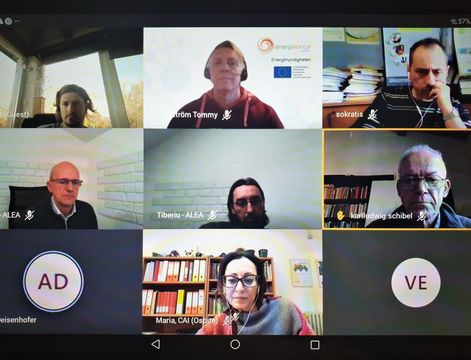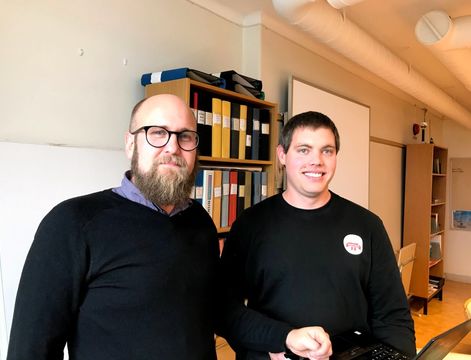On August 29th the Energy Agency of Rhineland-Palatinate held the first regional workshop of the project SUPPORT at the Ministry of Environment, Energy, Food and Forestry Rhineland-Palatinate. The workshop was organised as a meeting of the regional network “Energy-efficient construction and housing”. Representatives of the Chamber of skilled crafts, architects, energy consultants and staff of the Environmental Ministry of Rhineland-Palatinate are members of this network. Additionally municipalities were invited to report about their experience in implementing climate protection and energy efficiency strategies. Hence, the group of fourteen participants was well mixed with representatives of local authorities (demand side), architects, energy consultants (supply side) and representatives of chambers, professional associations and other networks (booster). To start the workshop a spokesman of the German Network of Energy Consultants of Rhineland-Palatinate region talked about the need to renegotiate and decide on the stopped draft of the federal Gebäudeenergiegesetzt (Building Energy Law). Afterwards the results of the online questionnaire from June 2017 were presented and discussed. To get an insight in municipal efforts the mayor of the town of Otterbach-Otterberg and the climate protection and energy manager of the town of Weilerbach shared their experience from their first steps to implementing a municipal energy management and retrofitting municipal buildings. Both local municipalities took part in the questionnaire. The power self-sufficient savage plant in Weilerbach has been presented as a Best-Practice to the SUPPORT project partners.
The exchange between the participants was lively and they had a chance to learn about motives of actions and decisions of each other. The municipalities and the network members were of the same opinion that the opportunity to save costs is one of the greatest motivations of local authorities for implementing energy efficiency measures. Accordingly there seems to be awareness in local authorities on long-term cost-saving effects of such measures. The questionnaire showed that the municipalities have lots of ideas and there are no difficulties to find suitable planners. The present representatives of the municipalities confirmed it. During the regional workshop, however, it became clear that there may be problems to find craftsmen to carry out the planned actions. A representative of the Chamber of Skilled Crafts RLP explained: Craftsmen often no longer want to work for municipalities. Reasons are often bureaucratic procedures in the municipalities, starting with the procurement procedure up to the payment. Craftsmen sometimes wait several weeks, if not months for their payment. Currently, the order situation in the construction industry is that good there seems to be no need to take municipal projects.
Public procurement procedures and the budgetary situation of many municipalities often lead to the selection of the cheapest measure or solution. Funding can help to meet this criterion. In this context the integration of life-cycle-cost – as it is done in the private sector (industry and commerce) – into the cost plan of efficiency measures was discussed during the regional workshop. In this way, savings in energy costs can be included in the cost plan. The municipalities were very interested in how such a lifecycle cost calculation can be carried out.



